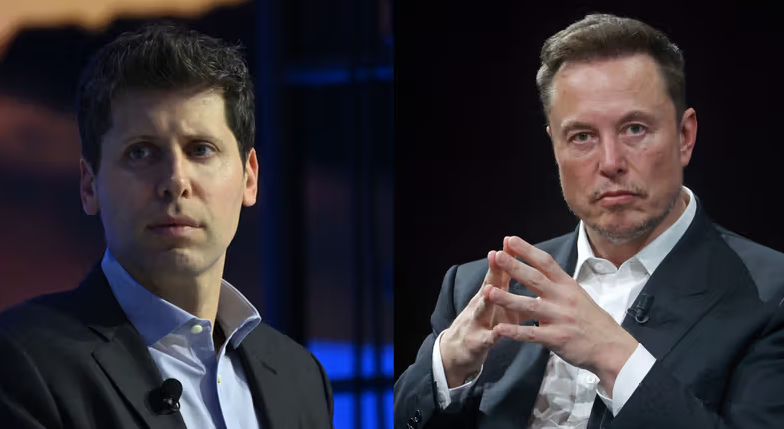The OpenAI and Musk Saga: From Collaboration to Conflict
This lawsuit is just the latest chapter in a complex and often contentious relationship between Musk and OpenAI. Musk was one of the initial backers of OpenAI, which was founded with the goal of developing artificial intelligence in an open, non-profit manner. However, as OpenAI began to evolve into a for-profit company, Musk expressed dissatisfaction with the shift in direction, which he argues violates the original intent of the organization.
Earlier this year, Musk’s legal team filed a lawsuit accusing OpenAI of breaching its founding agreement. Musk’s complaints centered on the company’s increasing ties to Microsoft, which Musk believes runs counter to OpenAI’s founding principles of being non-profit. Initially, Musk’s team withdrew the lawsuit, citing doubts about the validity of their claims. However, less than two months later, Musk refiled the case, this time focusing on antitrust issues and the for-profit transition.
What’s at Stake: The Future of AI and Competition
The outcome of this legal battle could have significant implications for the future of the artificial intelligence industry. Musk’s efforts to block OpenAI’s transition to a for-profit structure could set a precedent for how AI companies are allowed to operate, particularly in terms of their corporate governance and partnerships with tech giants like Microsoft.
If Musk’s injunction is successful, it could force OpenAI to reconsider its business model, potentially altering its partnership with Microsoft and limiting its financial ties to one corporate entity. This would likely have ripple effects throughout the AI ecosystem, potentially benefiting smaller competitors like xAI, who argue that OpenAI’s dominance is stifling innovation.
The Broader Context: Antitrust and the Tech Industry
This legal fight is also part of a broader conversation about the role of large tech companies in shaping the AI landscape. Antitrust issues have come to the forefront in recent years, as regulators and industry leaders debate whether companies like Microsoft and OpenAI are creating monopolies that limit competition and harm consumers.
As the AI market continues to grow, many believe that ensuring fair competition is crucial for fostering innovation and preventing the consolidation of power in the hands of a few major players. Musk’s case against OpenAI and Microsoft could be a significant moment in this larger debate, especially if it leads to new regulations or legal precedents that impact the way AI companies operate.
Conclusion: The Road Ahead for Musk and OpenAI
As Elon Musk’s legal battle with OpenAI intensifies, the future of the AI industry may hang in the balance. The lawsuit’s outcome could reshape the dynamics of competition, particularly for startups like xAI, which view OpenAI’s growing partnership with Microsoft as a threat. Musk’s injunction could serve as a pivotal moment in the ongoing struggle between corporate power and market fairness in the world of artificial intelligence.
For now, the legal teams on both sides will continue to prepare for a prolonged court battle. Whatever the outcome, Musk’s fight against OpenAI underscores the complexities of the AI revolution and its potential to disrupt not only technology but also business practices at the highest levels.
